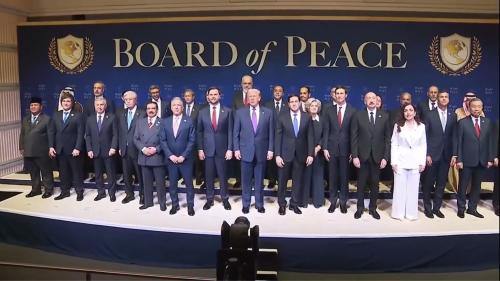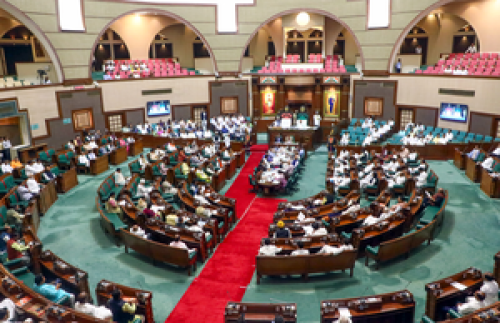London, June 23 (IANS) Deteriorating living and working conditions for workers in garment supply chains during the Covid-19 pandemic have increased the risk of forced labour in several countries, including India, according to a new report. The report, published by the University of Sheffield in the UK, showed that workers in Ethiopia, the Honduras, India, and Myanmar who produce many of the clothes that people buy from brands in the UK and Europe were severely affected by the pandemic. The report was based on interviews of a large sample of workers in the garment supply chain -- 1,200 workers across 302 factories and four countries. Both those that were fortunate enough to remain employed, and those that lost their jobs during the past year and found new work, reported a sharp decline in their earnings and working conditions, and both groups experienced being at increased risk of forced labour during this time. "There is no commonly held definition of what constitutes forced labour, and unlike the public perceptions of modern slavery, people may not be held against their will or trafficked unknowingly into their situation," said Professor Genevieve LeBaron, from the Department of Politics and International Relations at the varsity. "They may end up in a job that they are unable to leave due to a number of reasons; false promises and deception to keep a person working in increasing worsening conditions, threat of penalties against the worker or their family if they left, or sometimes bonding a person into debt to the manufacturer through poor pay, leaving them struggling to cover their basic needs for housing and food," LeBaron added. The study found that both groups of workers experienced indicators of forced labour, with the situation clearly deteriorating during the pandemic. It highlighted that many companies fell far short of their commitments to good practice; including sourcing sustainable goods from manufacturers with fair working conditions, pay and no use of exploitation. "It appears many companies in the garment industry accessed emergency funding during the pandemic, but also provided little to no evidence that they honoured the social responsibilities most brands we recognise have to the workers in their supply chains at the same time," LeBaron said. The report calls for governments to increase the governance of supply chains and for retailers to address the damage done during the pandemic.
Covid pandemic spiked forced labour in fashion industry
- by Rinku
- June 23, 2021 2 minutes

(Xinhua/Han Yan/IANS)











